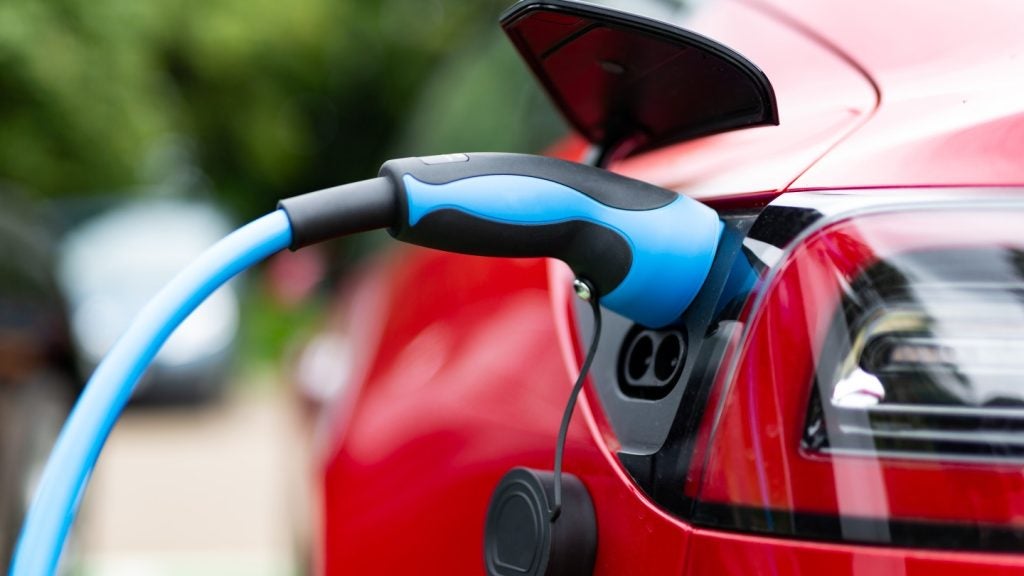
On the publication day of registration figures for September, and new-plate sales, Richard Brown caught up with Philip Nothard, CAP’s retail and consumer valuation editor
Phil ip Nothard began his career as a trainee car salesperson at 17, went on to run various franchised dealerships, independents and supermarkets, from volume brands through to prestige. He worked his way up from sales manager, to business manager, to general
manager, joining CAP in March 2010, to lead retail valuations.
As part of the residual value committee at CAP, Nothard assists the development and strategy of both Black Book Plus, the ompany’s short-term used car forecast product, and Black Book Live, supporting trade and consumer alike with a keen eye on retail values.
As Nothard explains, CAP values a car by measuring it against competitors and sector, the life cycle of its model, and whether that model is a replacement or a "facelift". From these and equivalent residuals, CAP can put a car against historical trends and calculate a "narrative depreciation", which is then reviewed.
Any value can be reviewed again once at retail and having undergone a trade cycle.
"Where would that car sit on a forecourt?" asks Nothard. "Where is its market? What’s its competition? It’s quite an indepth
discussion for every vehicle that goes through."
Any review, says Nothard, includes feedback from retailers and remarketers who rely on CAP prices.
"I talk to dealers every day and spend a lot of time at auction houses. We’re constantly involved with our figures. Today, we received the SMMT [Society of Motor Manufacturers and Traders] figures. We’re breaking them down and looking at their market impact."
As part of his constant interaction with retailers, Nothard put forward a series of questions on the Motor Finance LinkedIn group, including asking if retailers reviewed their advertised prices. Nothard says he is raising the questions dealers need to consider, prompted by the quickly changing nature of a market led by the internet. The answers will be collated as "the voice of dealers" and reported to CAP.
"The big retail network is always having to catch up," he says. "It’s so reactive. If you look at some of the answers, we’ve got people constantly looking at the market, reviewing where their retail price fits on a daily basis. There’s a lot of pressure on being on that first
page on an internet search engine’s return page."
With used car values steady and strong, networks chasing quality stock, pressure on trade values and pressure to compete, Nothard said he wanted to find out if dealers could use price to retain margins.
"The customer has a price and won’t go above it. What do dealers do? Is their process automated? At what level do they get involved with retail pricing? Is it a geographical issue? Is it down to the scale of the business? "If everybody’s trying to get on that first page, there’s only one winner and that’s the customer. The dealer is giving away margin to stay on that front page but you’re a brave person to step away from it."
For Nothard, the internet breaks down retail to two constituents, the car and the price – all that matters for a customer – ranked and eturned on an automated page. From here, smart dealers can capitalise.
"You’ve got to get away from selling just on advertised price. Finance is one of the areas that allows additional income.
"If they can’t get the profit out of the chassis, as such, they’ve got to look at other areas of income. That can come from finance, which then allows for add-ons with warranties and GAP protection. It opens the gate to other profit opportunities."
‘The worst-kept secret‘
Another is sue raised by Nothard on the group has been pre-registrations. Research by CAP at the end of summer suggest a third of new car sales in the UK have been pre-registered by dealers to meet volume targets and secure manufacturer benefits, particularly
among large dealer groups. The cars are retailed as nearly-new or ex-demo cars with a discount of up to 40% off list price.
Nothard claims one retail group was offered £500,000 to get more discounted cars on the road, another was able to report an
increase in new registrations despite a 6% fall in sales, and two groups accounted for 80,000 tactical registrations in July alone.
"It’s the industry’s worst-kept secret," says Nothard. "Everybody talks about it."
The trouble for Nothard is that a positive headline figure from the SMMT of an 8.2% rise in new registrations loses impact.
"If those registrations have come from pre-registration deals throughout the month, it’s distorting those percentages but nobody knows. Are they natural registrations?
"In Germany, 30% of registrations are reportedly being pre-registered in the dealer’s name, not a consumer’s. There are leading heads of business in the UK today who believe it’s at least that figure or higher."
Although Nothard concedes the practice may push products and profit, the distortion in dealerships threatens the application of finance.
"How does a dealer sell the standard car which hasn’t been pre-registered, for 40% higher?
"You’ve got potential manufacturers having to support new car registrations more, so the finance offering is better. "They’ve created the issue in the first place."
Even bringing cars into the used supply chain, says Nothard, holds a "compound effect" as the pre-registered nearly new stock must "sit relative to the rest of the market" and inhibits sales of "natural" used cars.
One dealer Nothard knows is able to sell £13,500 cars for under £9,000, and has customers lined up for 90% of them.
"Should those customers have been a natural new car registration who would have bought a new car anyway? Or are those customers really used car customers who have been forced into buying a pre-reg because it’s silly not to?
"Obviously, in that same business, how does a salesperson justify selling that car at £13,650 to a customer when he’s got the £8,995 ones sat there, ready?"
This, in turn, is putting pressure on residual values, says Nothard. With nearly new ex-demo cars on the first page of a search engine website at the same price as a year-old vehicle, a dealer has to risk looking more expensive or reduce price to compete.
"We’ve got to understand, clarity of everything is the main point we’re trying to get out there, especially on the preregistered side.
"Pre-reg is happening. Why don’t we just be open and transparent about it?"
richard.brown@vrlfinancialnews.com







